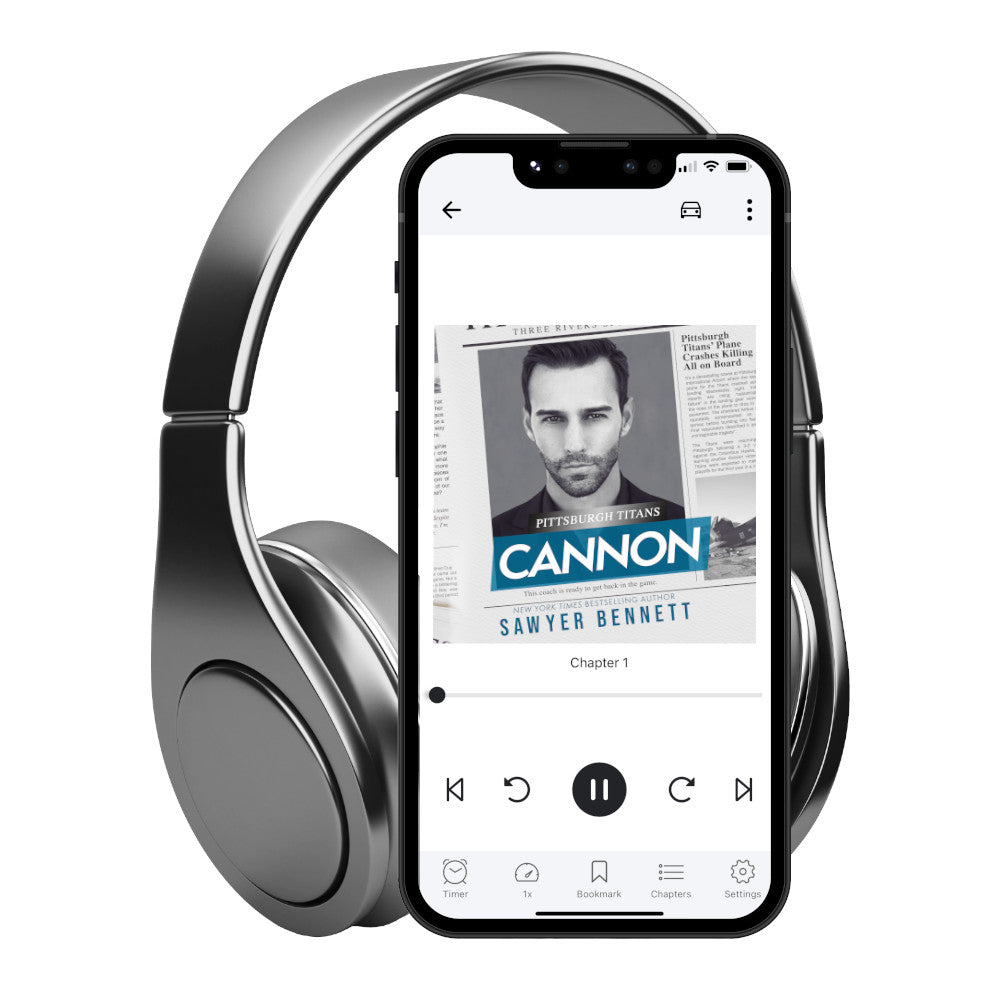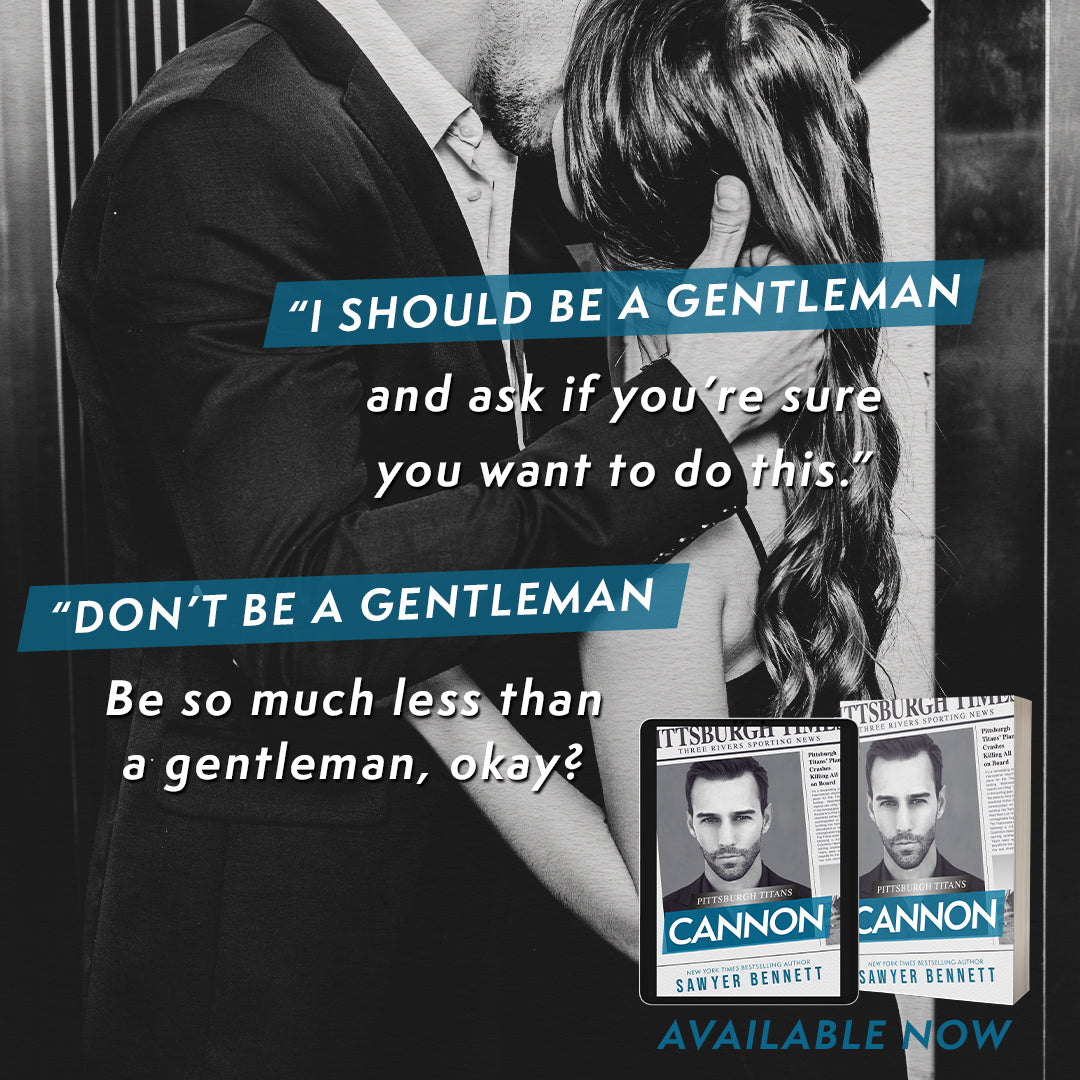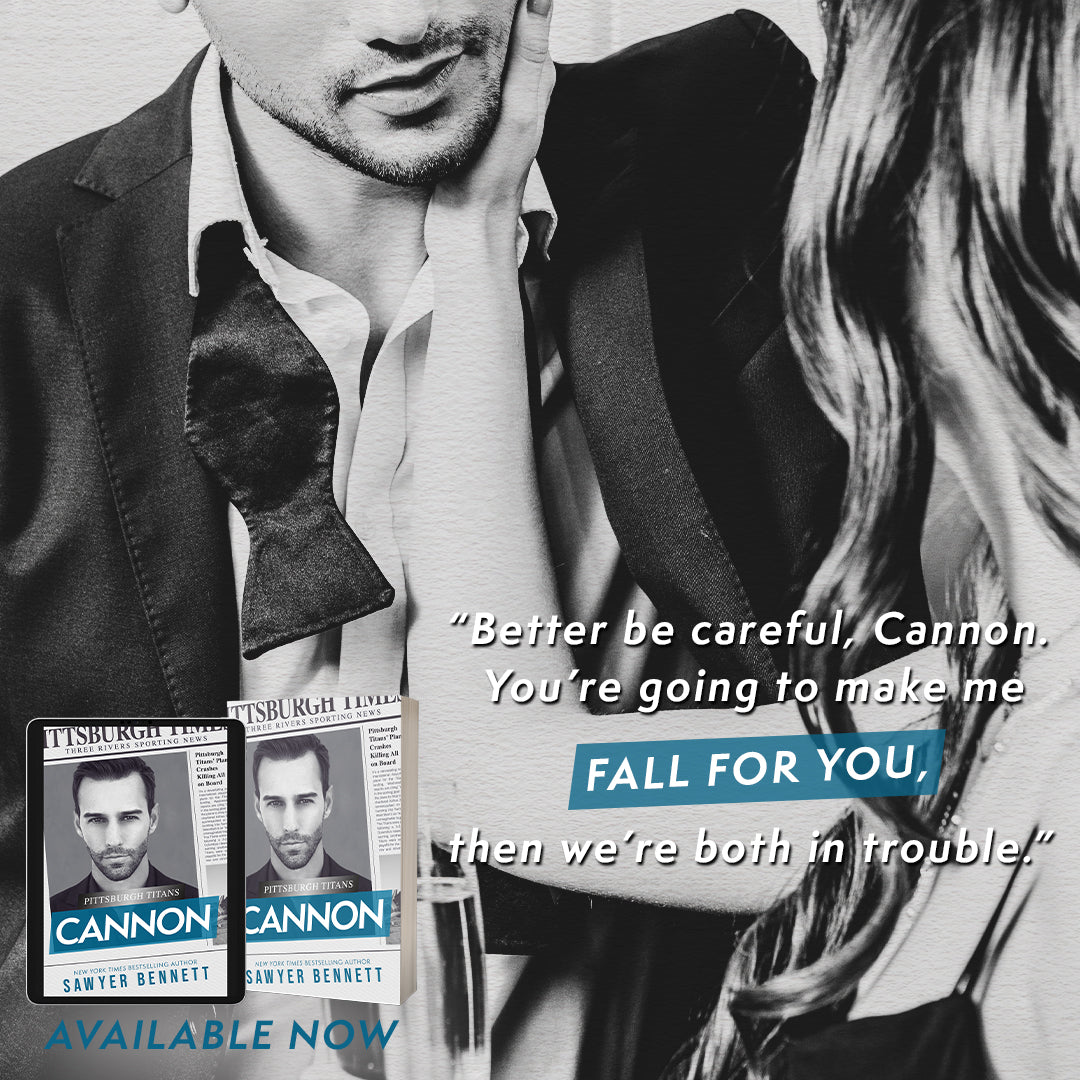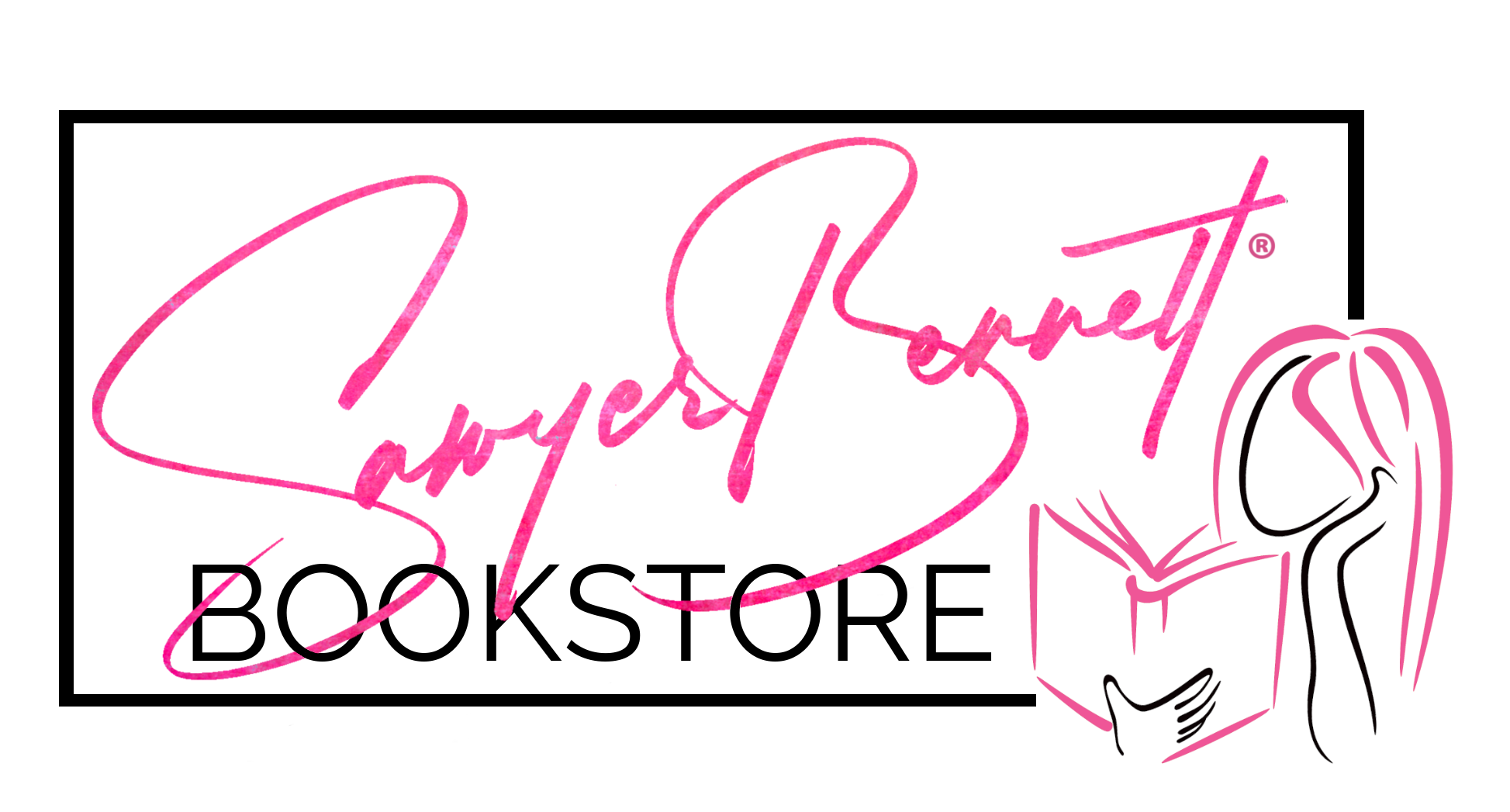Cannon
Player.
Minor league coach.
Coach of the Pittsburgh Titans.
It’s been a hell of a journey, but I’m where I’m supposed to be, no matter what happened to get me here.
It’s the third game of the regular season. We won our first one, which was in Boston, but lost to Minnesota at home the day before yesterday.
Not how I wanted to start my new coaching career with the Titans, but I’m a transformative leader, using motivation and inspiration to effectuate innovation. A lot of old-style coaching leans toward expecting impossible standards of perfection and then aiming ridicule for mistakes and errors. My understanding is, this team’s former coach, Matt Keller, was quite the asshole.
I am the opposite.
I tend to take the position that failure is an intrinsic part of growth and improvement. Allowing failure helps players bounce back quicker rather than leading them to berate themselves for not reaching an impossible standard of perfection.
It might sound like my coaching style is too soft, but no one can argue with my record. That’s why Brienne Norcross, the owner of the Titans, and Callum Derringer, the general manager, hired me.
The loss to Minnesota hurt, but we’ve moved on. My assistant coaches have been working hard running five-on-fives to improve play and one-on-ones with the clips provided by the video coaches to address individual needs.
I’m a delegator, as many good head coaches are. It means letting go of control, which isn’t easy for some. But when I moved from player to coach, I learned very quickly that the head coach position has little to do with actually drilling down into specifics and more to do with keeping all the cogs of the monstrous wheel moving.
It’s why I’ve been at the arena preparing for our game against the Edmonton Grizzlies since six thirty this morning. I met with my assistant coaches, who, in turn, went to handle meetings with the equipment and medical staff. I moved on to a meeting with the media relations staff to discuss relevant information about tonight’s game. After that, it was back with the assistant coaches for updates on injured players. From there, I had pre-scout meetings and then reviewed video clips and analyzed the special teams’ objectives.
The assistant coaches ran the mid-morning skate, although I watched. Light drills for skill work and special teams practice, especially the power play.
After that, the other coaches cut loose for a few hours, but I stayed at the arena, going over five-on-five video reviews and taking another dive into the pre-scout reports to see if anything else came to mind. I made notes and suggestions for the assistant coaches, who in turn parceled out that information to the various lines, special teams, and the players individually.
Two hours before the puck was set to drop, we had our final round of meetings with a more focused emphasis on power plays and penalty kills. The assistant coaches addressed the team with a review of our entire game plan, focusing on our identity as a group and how we need to play as a team. I listened in, but that’s one of the big things I delegate. It’s essential for everyone to know it’s not my show but that the coaching staff is a cohesive unit.
And now, it’s game time. We’ve had our pregame warm-up, and in these last few minutes before we go out for the puck drop, it’s my job to wrap it all up with some inspiration and hype.
“We’ve got an even matchup tonight.” We’re in the locker room, the men gathered around with my assistant coaches—Maurice Dupont, Sam Thatcher, and Gage Heyward—standing behind me. “You stack our lines, our special teams, and our skills up against our opponent, Vegas would say the odds are evenly matched. But that doesn’t mean we accept that.”
Most of the men stare at me intently. A few nod.
“We never accept anyone telling us what we can or can’t do. What we will or won’t win.”
“Fucking right,” someone says from the back.
“We never accept defeat until that last buzzer sounds, and never forget when you’re on that ice that you have something the other team doesn’t.”
“You as our coach,” someone calls out, and everyone laughs.
I chuckle, shaking my head. “Well, there’s that, but I’m talking about that gnawing hunger that I know every one of you has deep in your belly. The insatiable, gut-twisting ache to prove to the world that this team is a force to be reckoned with. That we don’t need to be pitied for our circumstances because there’s nothing pitiable about this team.
“In fact, I’m feeling a little sorry for our opponents this year because they’ll never have what we have. They couldn’t even begin to imagine the fire burning inside us to be the greatest we can be. So when you step out on that ice, you do it with the knowledge that we might stack up evenly on paper, but in reality, they’re no match for the Titans.”
Approval roars from the players as they clap their hands. I turn to leave with the other coaches so we can make our way onto the bench. It’s on the players to take the information and advice and apply it.
It’s up to them to go out there and grab that win.
***
The atmosphere in the locker room after the win is almost carnival-like. I stay in the revelry until it dies down as the players get showered, changed, and head out for celebrations. Only then do I go to the media room to do the press conference to field questions, most of which are legit. There’s a dumbass one, though.
“Coach… given this is a newly built team after the crash eight months ago, do you think today’s win was a fluke?”
I’m irritated but keep a genial smile on my face. “I don’t know, Tim. Was our loss against Minnesota a fluke?”
I let him stammer for only a few seconds before calling on another reporter.
With the players gone—the last few headed over to Mario’s for some celebratory drinks—I settle in at my desk to record my game observations.
I watch a lot during the game, write down notes, and don’t give much individual direction to players. That’s a job my assistant coaches handle, and they do it well, as they know the mechanics of the game as thoroughly as I do. They know the pre-scouts. I’ll suggest a line change, but it’s the assistants who call it out, and if they feel something is better served, they’ll do that as well, with impunity. It’s important they know I trust their judgment as much as the players’. Sometimes being hands-off is the best way to build confidence.
I tap away on my laptop, adding notes. We left the upper slot weak during some clutch moments, but luckily, our goalie, Drake McGinn, was on fire tonight.
My biggest dilemma—and this has been an issue since preseason—is that our second line defenseman, Camden Poe, seems to be struggling. I watched video of him last season, and it’s not a new problem. He seemed a little off in everything, about a quarter of a step behind on a breakaway or a second too late getting his stick on a puck. It’s hard to define, but when you watch him game after game, you can see that he might not belong on our second line.
Camden is one of the three players who wasn’t on the Titans’ plane when it went down last February. While he seems to have coped well with the trauma and survivor’s guilt, it might be weighing him down more than we think. It’s something I need to discuss with him.
There’s a knock on my door and I lift my head to see Gage Heyward standing there. He’s our newest assistant coach, replacing Bill Perry, who moved on at the end of last season. Gage moved from the first-line center to coach after serving as a major unifier for the newly rebuilt team. But it was never his intent to stay long and when the coaching position opened up, he was the most obvious choice.
“What’s up?” I ask, motioning him in.
He doesn’t enter, merely leans against the doorjamb. He arrived to the game in a suit, but he’s changed into jeans and a sweater. “Maurice, Sam, and I are going to head out for a beer. Come join us?”
I know I should go. The Titans are a family, and part of that is strengthening bonds off the ice. But fuck… I’m tired. I’ve been going nonstop for over sixteen hours, and I need sleep, not beer.
“I’m going to take a rain check, man. I’m ready for bed.”
Gage smirks. “I’d call you an old man, but we’re essentially the same age and I’m tired as shit too.”
“Maybe we exert more mental energy as coaches than the players do on the ice and it’s just more exhausting.”
“I like that analysis.” Gage pushes off the jamb. “Which is why I’m only going to have one beer before heading home.”
“Well, I guess I could do one beer,” I drawl, closing my laptop and rising from my chair.
“Grab your cane and let’s head over to Mario’s. We’ll stand in solidarity to have just one drink.”
I snort as I grab my overcoat since it’s dipping into the forties most nights. I wish I’d had the forethought to bring casual clothes, but I’ll make do by loosening the knot on my tie.
Mario’s is packed. My understanding is it’s always been a popular hangout spot following hockey games due to its proximity to the arena, but after the team was rebuilt, the fans were rabid in their support of the new players. That spilled into after-game celebrations, so it’s crowded by the time we get there.
Luckily, the bar owners let the players reserve tables, so they’re guaranteed a place.
The coaches, not so much.
Not that we don’t warrant it, but mainly because we don’t really hang out with the players. It keeps somewhat of a professional line between us, so our authority is never blurred.
Also, I doubt the players want us watching over them, so they can get crazy if they want.
Maurice pushes through the crowd, and we follow him toward the end of the bar. He’s able to wiggle his way in and order us a round, and then we find a spot near the wall where we can huddle and talk.
I’d like to say it’s casual, fun talk, but we end up discussing the game. The things that worked to get us the win, and the things that need improving. We talk about the two-game road trip we leave for tomorrow.
As I finish the last swallow of my beer and decline Maurice’s offer of another, I ask them, “What did you think of Camden tonight?”
“He’s the weak spot on the second line,” Sam says, and the others nod.
“It’s like he’s a beat off,” I say. “Is it his knee?”
“I’ve had no indication from the medical staff reports.” Gage has been the primary liaison with medical and players. “By all accounts, it was fully rehabbed last season, and he’s not had any complaints. He gets it iced, but he doesn’t even use a brace.”
His knee is the reason Camden wasn’t on the plane when it went down. He had a slight meniscus tear, not even that bad. It could’ve been fixed with rest and therapy, along with the hope it wouldn’t tear further, but he chose a quicker and more stable fix with surgery.
“Want me to talk to him?” Gage asks. “See if he can identify the issue?”
“I’ll talk to him. It might be he’s just having a hard time clicking with this line, and maybe we move him.”
Gage nods in agreement.
“And with that, I’m heading home. I’m about to fall asleep standing here.”
The guys laugh, but Gage follows me out while Maurice and Sam stay to have another. We walk back to the coaches’ parking at the arena and say our goodbyes. We’ll next see each other tomorrow midmorning for our flight to Texas, where we’ll face the Dallas Mustangs and the Houston Jam.
I drive across the river to my downtown condo. Upon moving here, I decided against a house, just as I had when I lived in Sweden and Greenville. I keep very few possessions, and I don’t want to have to care for a yard or be expected to socialize with neighbors. I’m not antisocial—far from it, actually—but coaching is more demanding than my career as a player, and I don’t have room for much else outside work. I definitely don’t need a lot of space, so a small two-bedroom condo suits me just fine.
Granted, it’s in a swank as hell building with private parking and security. I bought all new furniture to fill it, given the pay increase I received after moving from the minors to the professional league. But past that, I live modestly.
I take a quick shower when I get home, but despite being physically exhausted, I’m not quite sleepy. Flopping down on the couch, I aim the remote at the TV and surf Netflix. My chest squeezes as I scroll past the movie Armageddon. I don’t even think about watching it as it stirs feelings I don’t like.
It was the one movie Melissa and I watched most often. I loved the action and suspense, and she loved the romance. I was touched when Harry died at the end, but Melissa would sob into my shoulder.
My eyes shift to the slew of picture frames I have on one of the built-in bookcases. I’m close to my family, and I have a lot of photographs of us together.
I have some of me and Melissa still displayed. She might have died almost nine years ago, but I don’t ever want to forget her. It sometimes hurts to look at her—always with a bright, sunny smile on her face. But it should hurt because she was my wife. We’d been together since our junior year in high school.
I was holding her when she died.
So yeah, it should still ache, but it’s not debilitating anymore. More often than not, like right now, I can smile when I look at one of those pictures. Showing her youth and vitality, the very best of Melissa before the cancer. Those memories are a source of comfort.
The pain never fully goes away, but it has significantly lessened over the years. I’ve learned to live with it.
And I’ve moved on.





